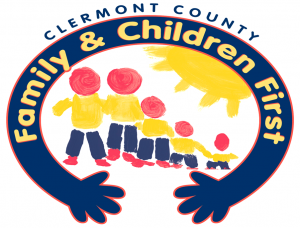Being the last year of the grant, the Evaluation Team spent the winter months and early spring meeting with the various programs to prepare them for their sustainability efforts while the Longitudinal Outcome Study focused on conducting follow-up interviews and “cleaning” existing data. The follow-up interviews capture data from families that have been enrolled in the study for six months or longer. In addition to our efforts to create and disseminate findings from local evaluation efforts through evaluation briefs, we also presented at a conference and published a study in the Sage Press Publication Journal of Research on Social Work Practice.
The team has been working closely the past month with both the Transition to Independence Process and School Based Mental Health program managers to create a data management system that will help them to more accurately track their clients’ data and compute and graph outcomes in a more user-friendly manner. Jonathan Sutter played a significant role in formatting both programs’ Excel spreadsheets. The Peer Support Program will also receive this type of attention from the Evaluation Team once their outcomes survey is finalized. Their information will be inputted into the Efforts to Outcomes (ETO) system which they currently use to input/report their work output (e.g. frequency and type of services provided to the caregivers).
The Longitudinal Outcome Study currently has 269 families enrollees. However, since the study ends in August the team has been putting greater emphasis on conducting follow-up interviews with study participants who have been in enrolled longer than six months. Reminder post cards are being sent to the families in the study. Although it is natural for families to drop out after they stop receiving services, which is typically less than 12 months, the Evaluation Team is still interested in conducting interviews with families to see how they are doing after leaving the System of Care. The purpose of the postcards is to remind them of their upcoming anniversary dates for interviews (e.g., 6 months, 12 months, 18 months, 24 months) and provide contact information of the evaluation team in case the family’s contact information had changed.
As always, FAST TRAC Evaluation Briefs describing FAST TRAC’s local and longitudinal evaluation results are available for download at http://clermontfasttrac.org/category/evaluation. The team also presented the findings about the “Effects of Wraparound on Caregiver Strain and Perceived Needs” and “Comparison of Service Effectiveness for Youth with Depressed versus Non-depressed Caregivers” at the 28th Annual Children’s Mental Health Research and Policy Conference, in Tampa FL in March. If you would like a copy of the presentation slides, please contact Dr. Michael McCarthy by email at mccarml@ucmail.uc.edu.
From your UC Evaluation Team… Happy Summer!

